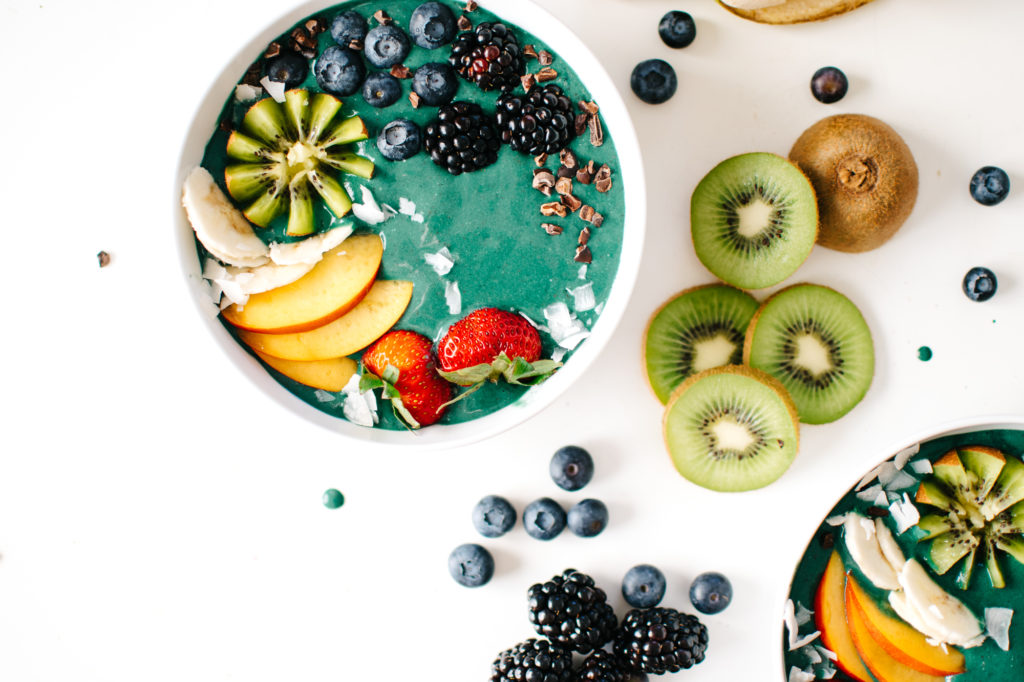
When I began to write, it was out of fear. I thought I might forget, or pretend to forget, or pretend to pretend, or grow up.
—Miranda July, “No one belongs here more than you.“—
I started to dread getting in the car. I knew revving the engine meant turning on the radio, and turning on the radio meant listening to Dani or Josh or Jessica tell the story of their Orlando, their loss. I listened to mothers remember how it happened, how they got a phone call about a man with a gun, how the next call was from a handicapped stall in the bathroom, where their children lay like sardines, shot and praying not to bleed to death. I listened and I wept and could barely pull myself through the needle of traffic to thread my way home. Being anywhere outside my apartment was frightening. The world, more than ever before, seemed like it had gone completely insane. And then there was the silence.
Though most of my Facebook feed was flooded with messages of LGBTQ solidarity, there were extraordinarily loud pockets of silence. Queer friends lamented that their families hadn’t mentioned the atrocity. Straight friends went back to social media as usual. Of course, I didn’t hold a seven day shiva—I went back to everyday life, too. I have never been much of a political activist. But suddenly, my lack of activism felt terribly wrong. Over every meal, on every phone call, at every meeting, I couldn’t imagine why we were talking about anything but how to fix this broken system that was self-destructing at such a rapid pace.
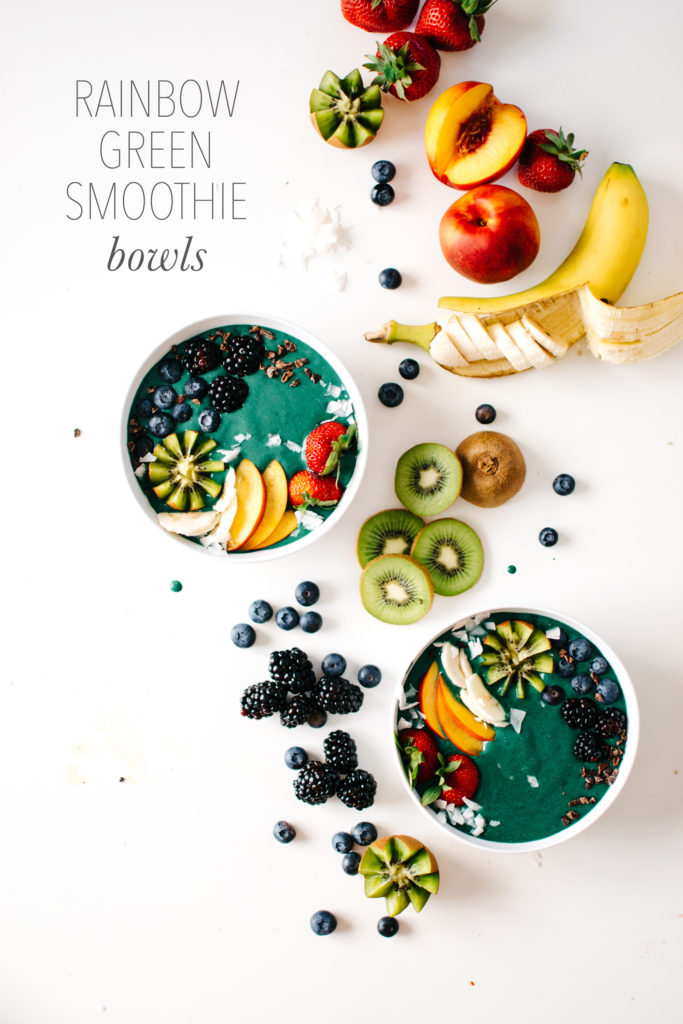
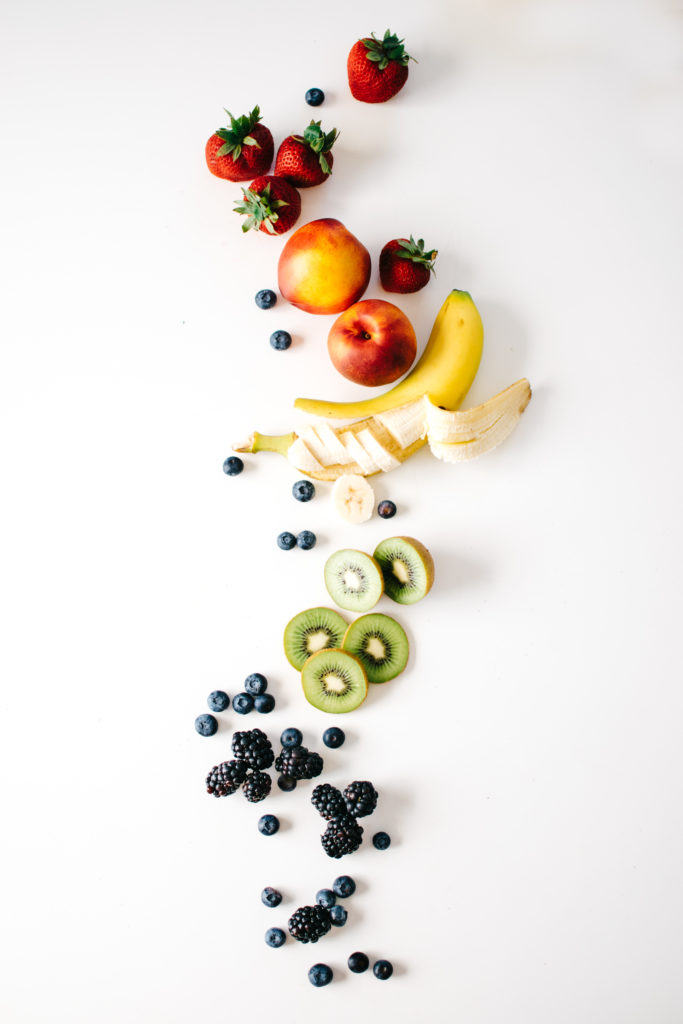
And on top of it all, it was Pride Month. Though I’m a straight, white, Ivy League educated woman (read: privilege central), from the time I was in sixth grade I turned to the queer community for refuge. I turned to my gay friends to talk about the grit that meant the most to me: Belonging, identity, power, art, gender, race, sex. I know that I have the privilege of walking both sides of the line, but my queer family has always been tantamount to my blood family. From them, I learned how to navigate shame. From them, I learned about being fabulous. From them, I learned the price of freedom.
And now, in 2016, apparently the price of freedom was murder.
So yes, this was the only thing I wanted to talk about. Remaining silent, or talking about anything else, felt like a privilege I hadn’t earned. My work—photographing, writing about, and obsessing over the delicacy and beauty of expensive food—felt distasteful. The dining table became yet another gathering place where political injustice was not given its due.
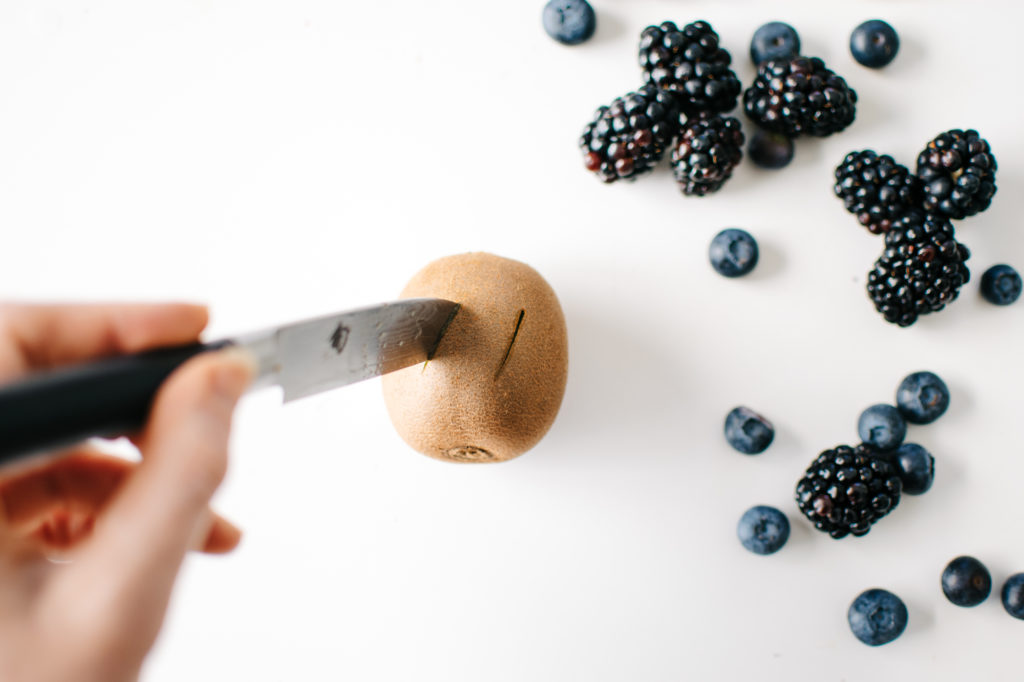
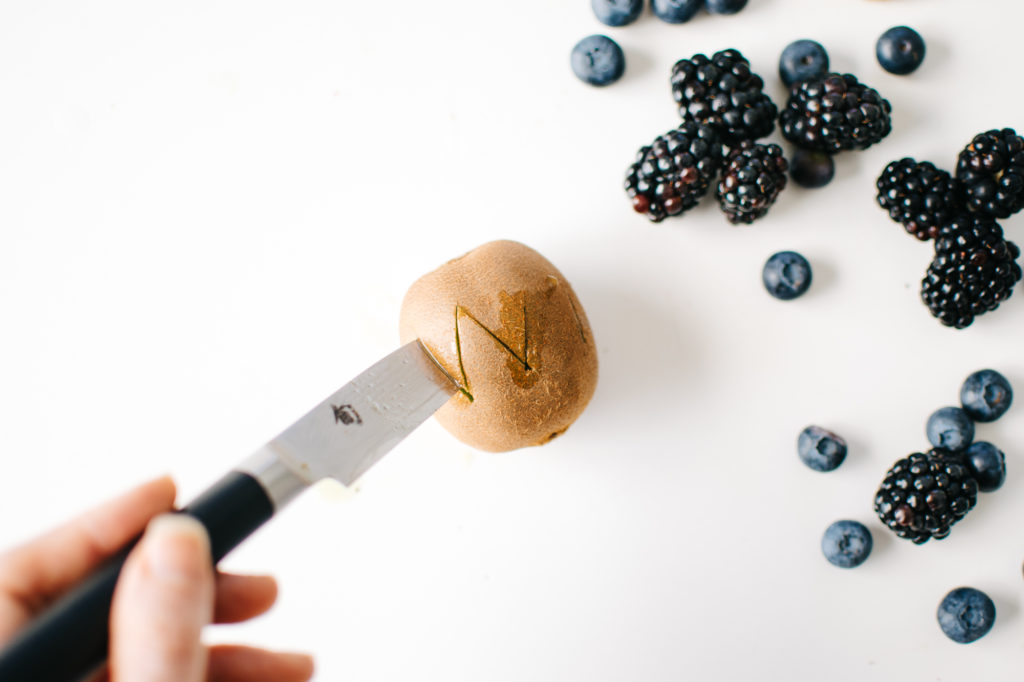
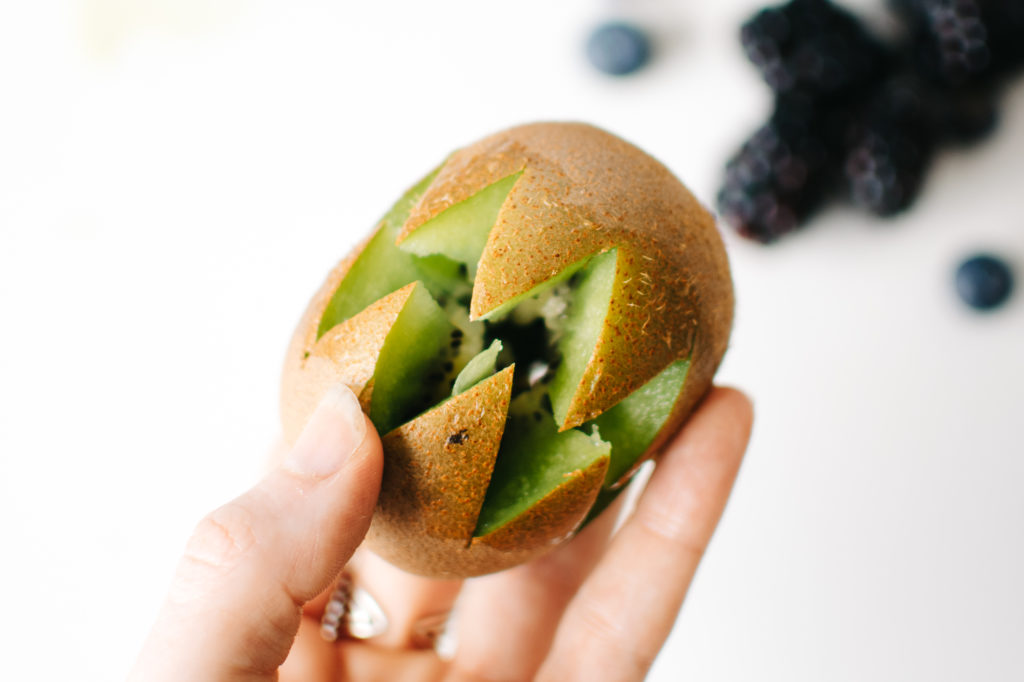
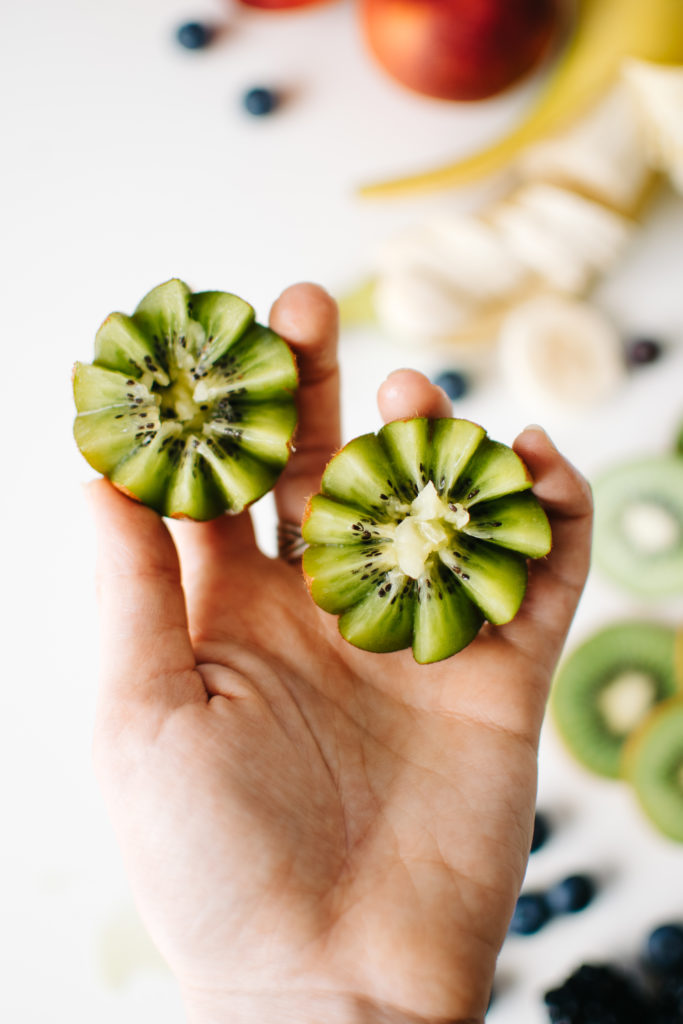
And then there was the outpouring of voices from the queer community that said what I had only expressed in tears. My friend Janson Woodlee wrote of the shame that may have driven the Orlando shooter:
“This isn’t political…it is more difficult than that. I don’t want to contribute even passively to this sort of destructive emotional ecosystem anymore. If we believe life is truly worth something, and sacred, we must constantly work to uphold that belief within our communities both large and small. Father to son, family member to family member, and within the complex, layered relationships that we take for granted.”
As I read, as I listened, I knew I needed to reexamine the ways that someone’s inherent worth might be eroded by the mere fact of my straight privilege or my white privilege. I cannot overlook that everything I do, think, say, and eat is predicated on a degree of advantage so ever-present I cannot see it without consciously reversing the negative.
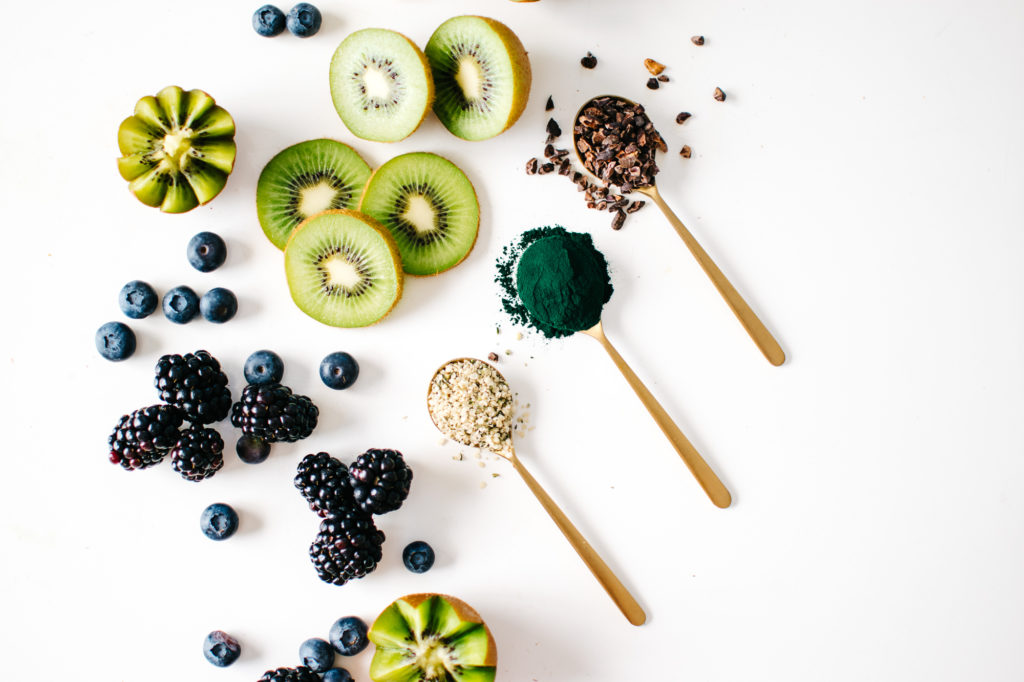
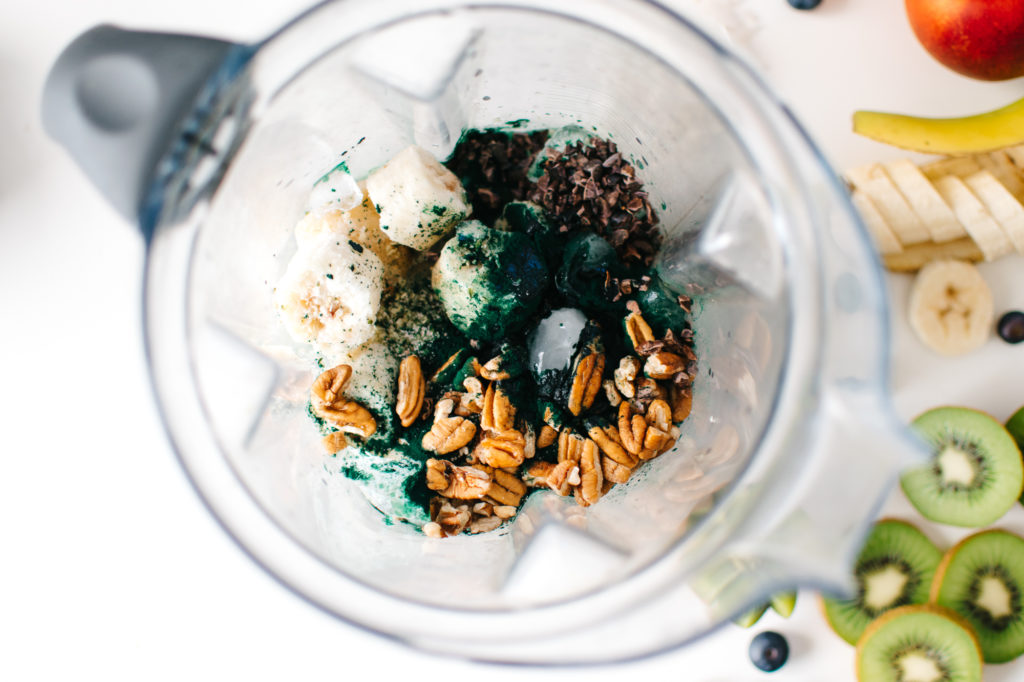
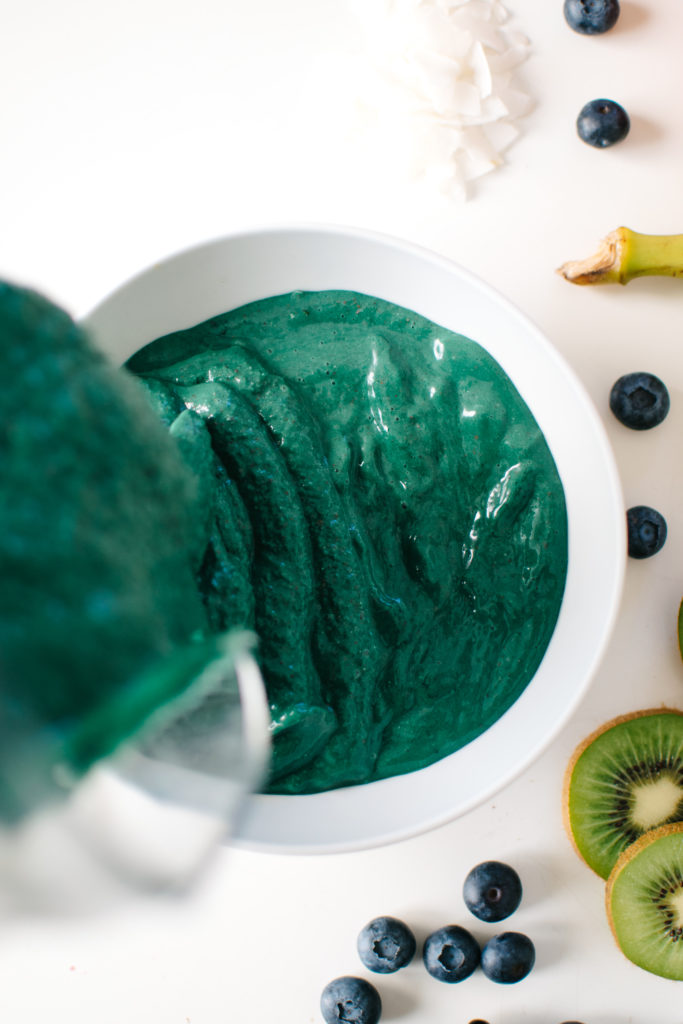
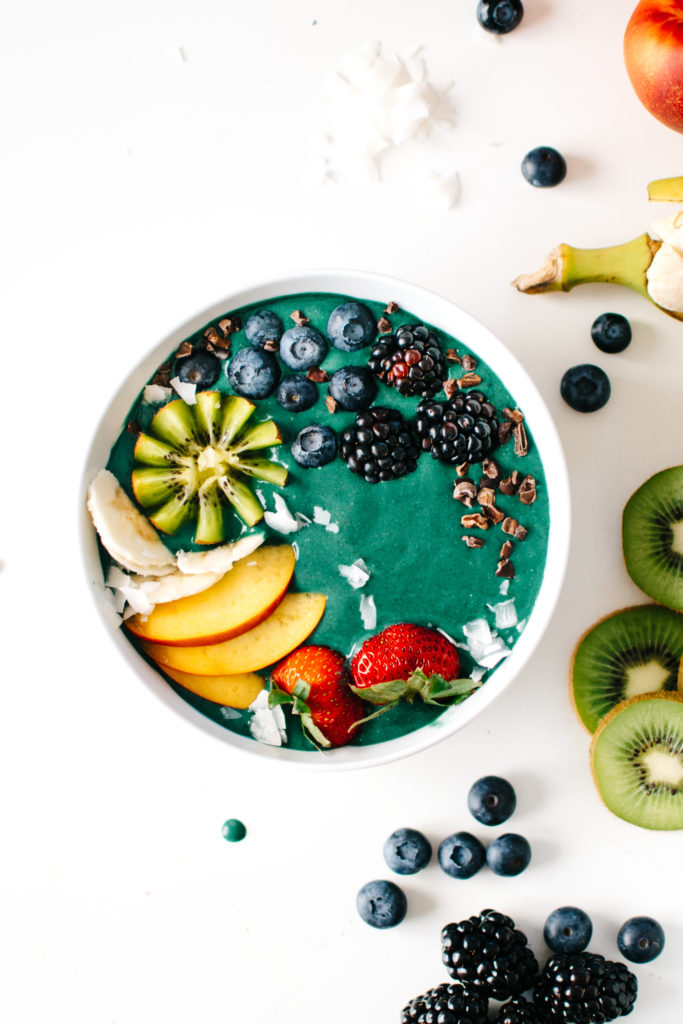
Of course, I am going to continue to eat my spirulina, my cacao, my hemp seeds. But over those superfoods and these smoothie bowls, I’m going to grapple with empathy. I’m going to talk about privilege and shame and identity politics, even when it’s uncomfortable, but only when I am speaking my heart. I’m going to ask questions of those who hold different beliefs, and I’m going to listen. I am not going to be silent and I am not going to turn away, because what happens in a nightclub in Orlando affects everything I do here in my relatively comfortable straight white life in LA.
And I cannot look away.
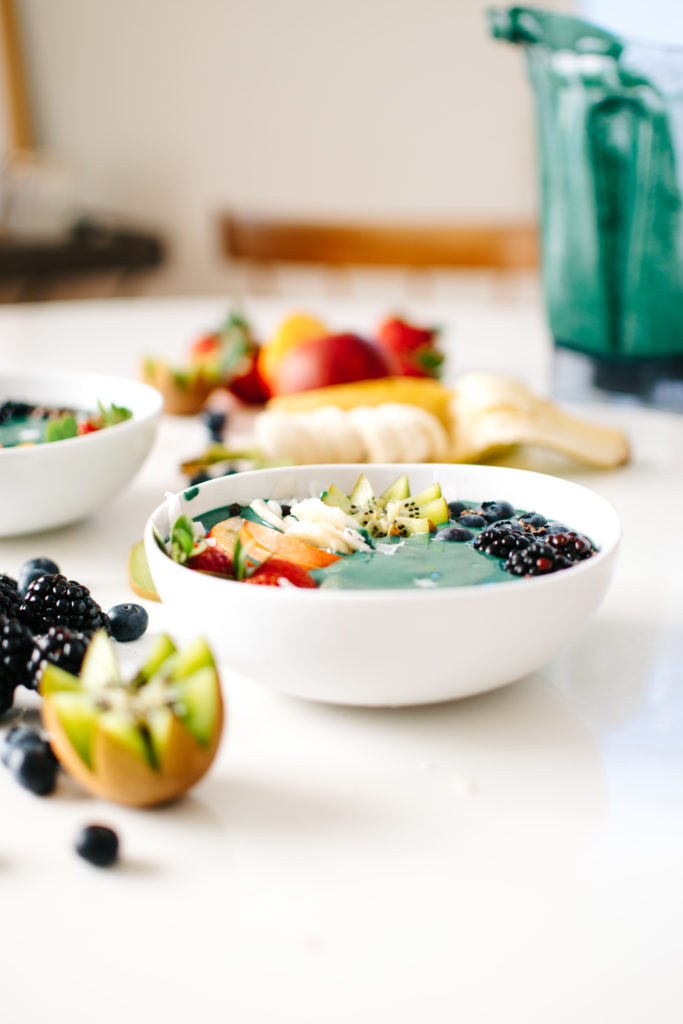
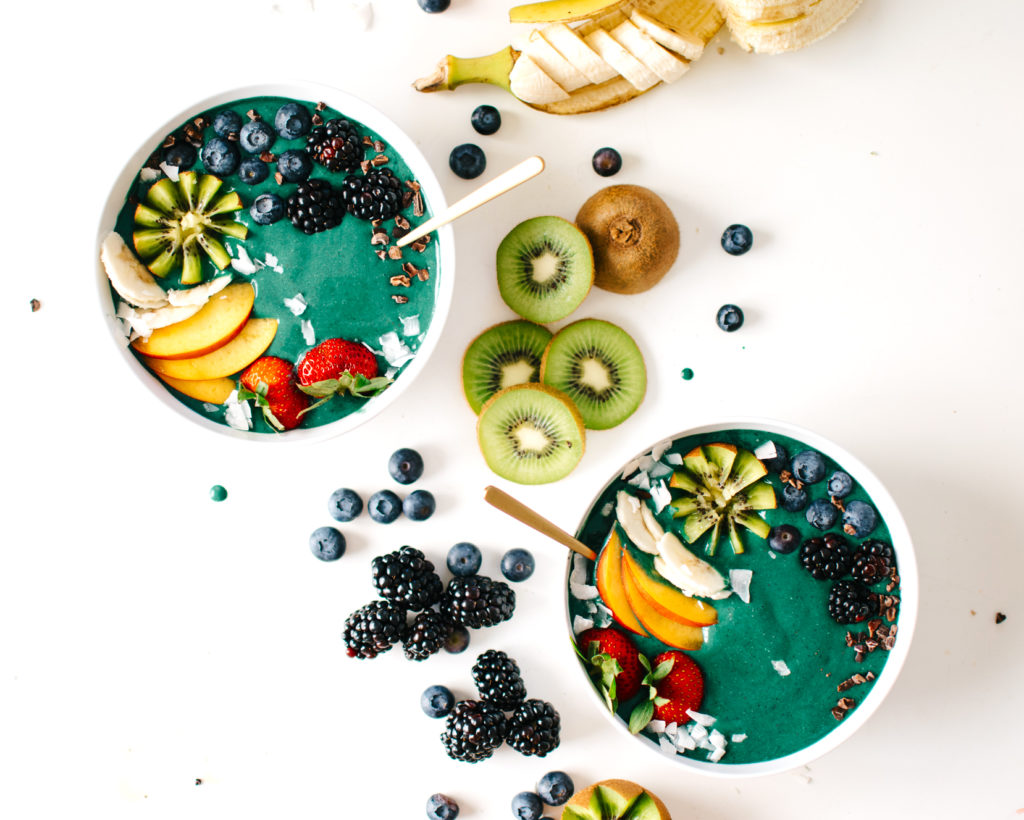
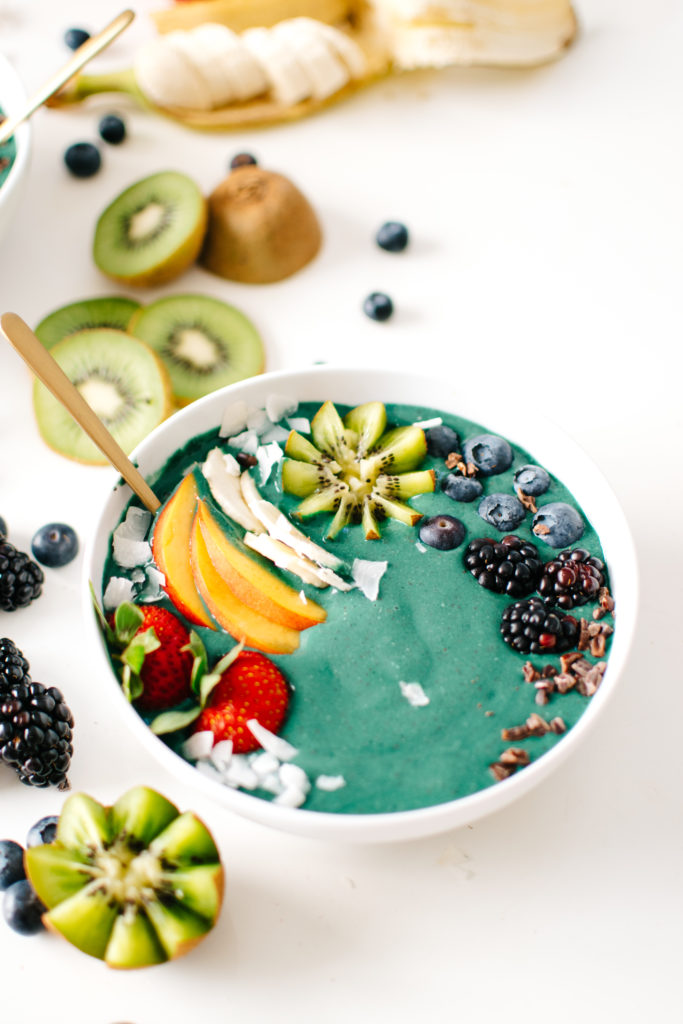
Instead, I’m going to educate myself about the policies and political challenges that led to such violence. I’m going to listen to LGBTQ voices and to the voices of people of color. I’m going to act—and I invite you to act with me. I’m going to call my senators and representatives. I’m going to sign petitions. And, over beautiful rainbow green smoothie bowls shared with friends both queer and straight, I’m going to talk.
I’m going to talk about my fear. About what matters. Because if I can’t talk about what matters, I don’t know that I have anything to talk about at all.
Happy Pride, friends. Let’s keep gathering, keep eating, keep talking. If you feel like sharing this post might help you start some hard conversations, do it. I love you.
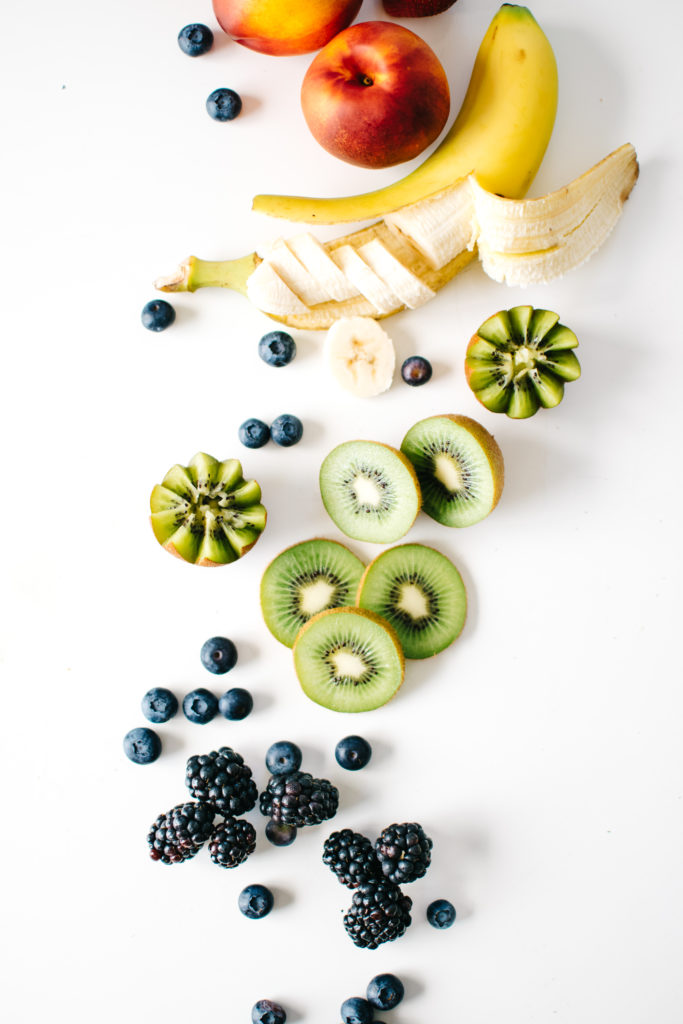
RAINBOW GREEN SMOOTHIE BOWLS.
Ingredients
- 2 cups frozen banana chunks
- 1 cup water
- 3 ice cubes cracked with the back of a spoon
- 10 raw pecans
- 2 tablespoons raw hemp seeds
- 1 tablespoon heaping spirulina blue green algae
- 1 tablespoon heaping raw cacao nibs plus more for garnish
- 1 teaspoon pure vanilla extract
- 1 pinch sea salt
- 3-4 drops stevia optional
- fruit of choice for rainbow garnish red, blue, and purple berries, nectarines, banana, kiwi, etc.
- unsweetened coconut flakes
Instructions
- To make kiwi flowers, insert a sharp pairing knife at a 45º angle at ½-inch intervals around the circumference of the kiwi (see images above), inserting knife all the way through to the other side. Once you go all the way around in one direction, make incisions at the opposite 45º angle, as shown in picture above, again inserting knife all the way through. Once it’s completely cut in both directions, simply pull apart.
- Place frozen banana, water, ice cubes, pecans, hemp seeds, spirulina, cacao nibs, vanilla, sea salt, and stevia in blender and blend on high until completely smooth. Pour into bowls and garnish with kiwi flowers, berries, nectarine slices, cacao nibs, and coconut flakes.
- Taste the rainbow!



